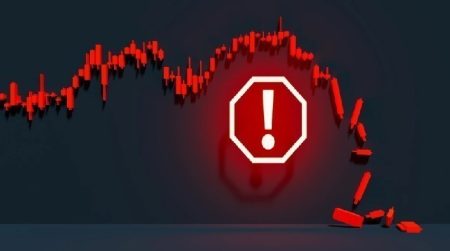Walgreens Faces Federal Lawsuit Over Alleged Illegal Prescription Dispensing
The Justice Department has launched a significant legal action against Walgreens, one of the nation’s largest pharmacy chains, accusing the company of illegally dispensing millions of controlled substance prescriptions, including highly addictive opioids. The lawsuit, filed in federal court, alleges that Walgreens systematically disregarded glaring red flags indicating the illegitimacy of these prescriptions, prioritizing profit over patient safety and contributing to the opioid crisis that has ravaged communities across the United States.
The complaint paints a troubling picture of corporate negligence and systemic pressure on pharmacists to prioritize speed over due diligence. The Justice Department contends that Walgreens implemented a 15-minute prescription fill policy, regardless of the complexity or potential dangers associated with controlled substances. This policy, coupled with pressure from management, allegedly created an environment where pharmacists were discouraged from scrutinizing potentially fraudulent prescriptions, leading to the widespread dispensing of medications without legitimate medical purpose.
The lawsuit further alleges that Walgreens actively suppressed internal efforts to identify and address problematic prescribers. Pharmacists who raised concerns about suspicious prescription patterns were reportedly reprimanded or ignored, while the company allegedly resisted implementing systems to block prescriptions from doctors known for writing illegitimate opioid prescriptions. This alleged disregard for internal warnings further underscores the government’s claim that Walgreens prioritized profits over its legal and ethical obligations.
The Justice Department’s complaint details a range of "red flags" that Walgreens pharmacists allegedly overlooked. These include prescriptions for excessive dosages and quantities of opioids, combinations of controlled substances known for abuse potential (such as the "trinity" of an opioid, a benzodiazepine, and a muscle relaxant), and prescriptions filled for patients who had received similar prescriptions from multiple prescribers. The complaint also highlights instances of early refills, long-distance travel to obtain prescriptions, and suspect prescribing patterns by certain doctors, all of which should have triggered further investigation by pharmacists.
This case highlights the critical role of pharmacists as gatekeepers in preventing the diversion and abuse of controlled substances. Pharmacists are legally required to evaluate prescriptions and investigate any red flags that suggest potential invalidity. This includes verifying the legitimacy of the prescriber, confirming the patient’s medical need for the medication, reviewing the patient’s prescription history, and consulting state prescription drug monitoring programs. By allegedly failing to perform these crucial checks, Walgreens, according to the Justice Department, contributed to the flow of millions of opioid pills and other controlled substances into the illicit market.
The lawsuit against Walgreens emerged from whistleblower complaints filed under the False Claims Act, allowing private individuals to sue on behalf of the government for fraud. Four former Walgreens employees, including a pharmacist with over four decades of experience, initiated the legal action, alleging that the company’s practices defrauded government healthcare programs. The Justice Department subsequently intervened in these lawsuits, ultimately leading to the current comprehensive complaint. Walgreens has denied the allegations, but the case promises to be a closely watched legal battle with significant implications for the pharmaceutical industry and the ongoing fight against the opioid epidemic. The outcome could set a precedent for holding pharmacies accountable for their role in dispensing controlled substances and may spur further scrutiny of industry practices. Moreover, the case underscores the importance of whistleblowers in exposing corporate misconduct and protecting public health.















